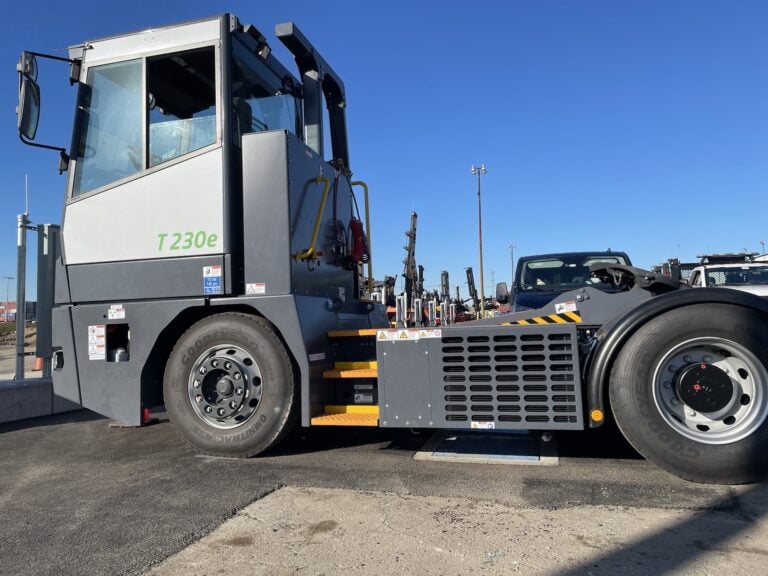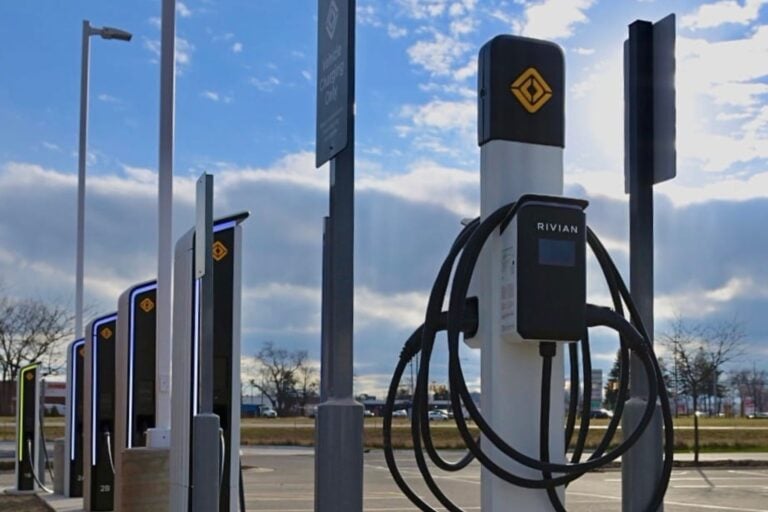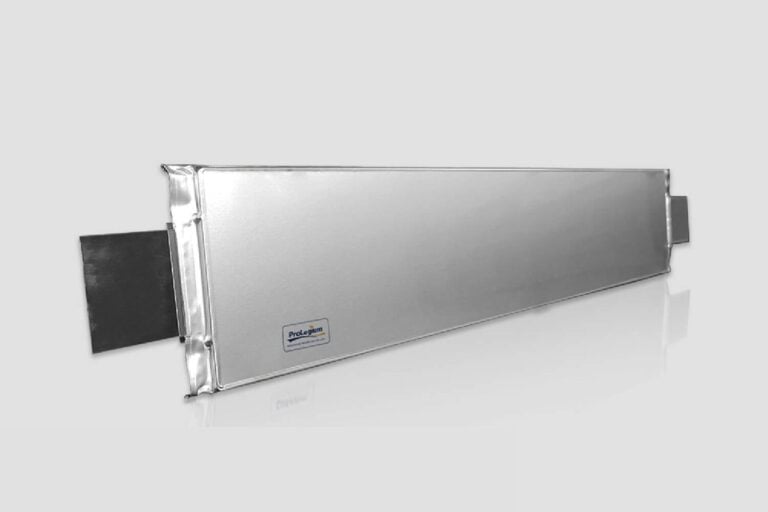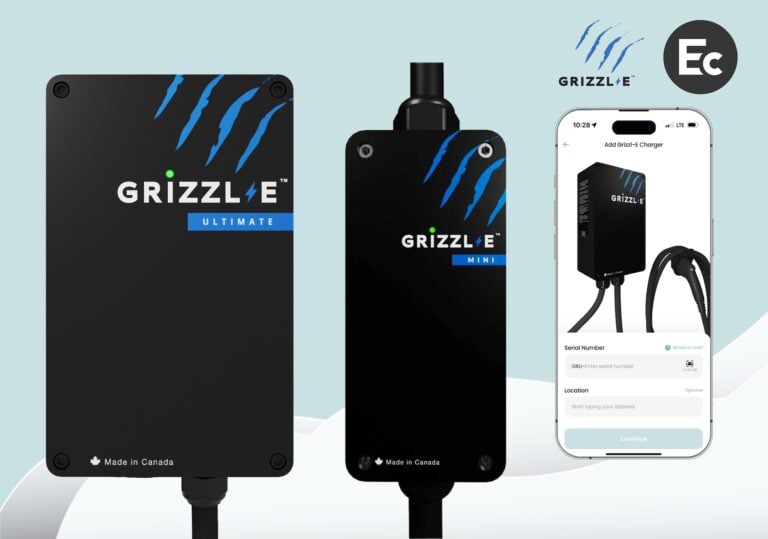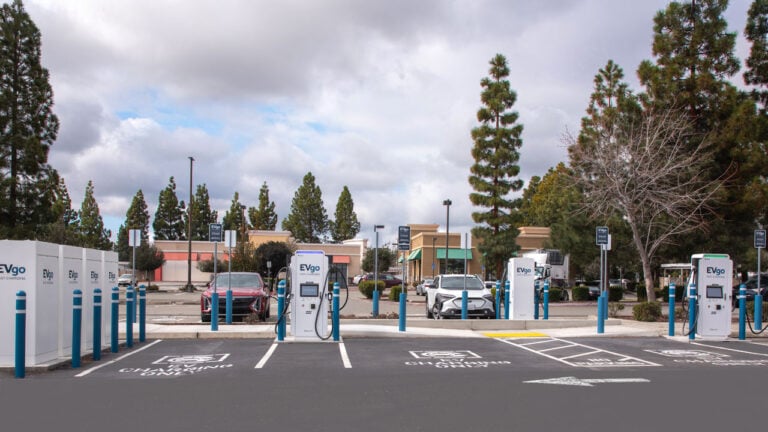Sponsored by FLO and ChargerHelp!, new law helps EV charging stations be more dependable for drivers
SACRAMENTO, CA – California Governor Gavin Newsom signed legislation into law to improve access to reliable EV chargers for California drivers. The EV Charging Reliability Transparency Act, sponsored by FLO and ChargerHelp!, will help policymakers and EV drivers understand the performance of California’s EV infrastructure and highlight inequities in driver access to reliable stations.
“If we want consumers to buy EVs, they need to know they can depend on public charging stations. Unfortunately, this is an area of needed improvement for the industry as EVs become more mainstream,” said Louis Tremblay, President and CEO of FLO. “Thanks to Governor Newsom and California lawmakers, the EV Charging Reliability Transparency Act will tackle this issue head on.”
In a recent survey by Plug In America, over half of respondents cited issues accessing public charging infrastructure, with broken chargers cited as the most common issue. Additionally, the University of California, Berkeley found only 72.5% of fast chargers in the state’s Bay Area were functional.
Authored by Assembly Majority Leader Eloise Reyes (D–San Bernardino) and Assembly Budget Committee Chair Phil Ting (D–San Francisco) the law requires the disclosure of reliability data for all publicly funded EV charging stations in California and encourages the state to set requirements to increase overall reliability throughout all communities.
“Today marks a huge step forward in California’s transition to electrification of transportation. Thanks to this measure, EV drivers can rest assured that publicly funded charging stations are held to the highest level of reliability,” said Kameale C. Terry, Co-Founder and CEO of ChargerHelp!. “All Californians deserve access to chargers that work.”
Policymakers across the United States have acknowledged the importance of increasing the reliability of publicly funded EV charging stations. The Federal Highway Administration recently proposed reliability requirements for its $5B EV charging program.
In 2021, California released the Zero-Emission Vehicle Market Development Strategy, which acknowledges an area of charging equipment performance and requires the tracking of “downtime” as part of a $785 million allocation to deploy zero-emission vehicle infrastructure. The New York Legislature is also considering similar legislation.
“To get more people driving electric, we must have reliable charging infrastructure. This bill is an important step that helps hasten the EV transition,” said Carleen Cullen, Executive Director of Cool the Earth, an NGO that has been an advocate on this issue and helped support the UC Berkeley study.




